Homeland, Where Actually Are You?
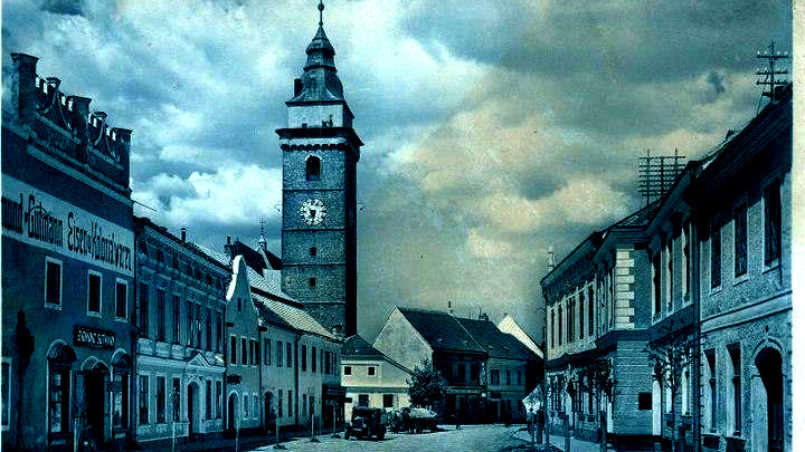
As I return from one of my many travels to the center of my life, a rather pleasant fatigue overcomes me on the last miles approaching our little town. The familiar environment and the promise of a safe place to rest allow my mind and body to relax.
Following many unexpected and somewhat dramatic twists and turns, life allowed me to make an essential choice: to choose my place of residence. But that alone generally does not constitute a ‘home’.
In German, the town is called ‘Zlabings’. In Latin and Czech, we call it ‘Slavonice’ and this is how it is named on historical maps and signposts.
When crossing the border into the country, from either the northernmost point in Austria, or the southernmost point in the Czech Republic, rising from a valley, one sees a tower. Surrounding it lies the little town, elliptically shaped, its apparent form mostly unchanged since the Middle Ages.
Of course, the region was inhabited much earlier (as shown by the prehistoric Venuses of Willendorf and Dolní Věstonice), at a time when national borders were non-existent. But official history tells little of this historic period. Maybe it knows too little about it.
The ancient Salt, Amber and Silk routes ran through or close by this region. Trade, crafts and agriculture greatly shaped the lives of the residents, as did religion and wars… the constant back and forth between the conflicting interests of the ruling elites… but that apparently goes hand in hand.
The facts of history are in books, the sentiments attached are in the air
In the years 1919, 1938 and 1945 the region, and most of Europe, suffered dramatic incisions. One Empire fell, others rose from its ashes, History tossed people around. A history which people also shape themselves and must ultimately shoulder the responsibility for. The suffering of those too young, too old, or too disabled is of little consequence.
During the times of the Iron Curtain (for those who have already forgotten, or never heard of it: the separation of Europe with electrified barbed wire, minefields, guard towers, and thousands of soldiers. An over 12,000km long insurmountable barrier from Finland to the Black Sea.) the town practically disappeared.
In 1989 it suddenly resurfaced again as part of a very different world called ‘Eastern Europe’ (which is somewhat nonsensical, but who cares?)
Often, I am asked: how do people live here today?
Well, the number of residents is practically the same as it was in 1945, almost 3,000. Czech is spoken exclusively, apart from a few of the older generation and increasingly young people who have some command of the German language.
Yes, beer is still cheaper, and yes, a lot is being drunk. But I think not much more than in neighboring countries. Communities are close-knit, but like everywhere else split into various cliques. Footballers, musicians, …
There is still a kindergarten, a school, but for how long is hard to say. I believe that I have been seeing more children again in the streets, maybe hope is growing? But fear is substantial – a fear of the future, of what could again come across the border. Like everywhere else, one complains about politics, the economy, and forgets, like everywhere, that one is a part of the political and economic system … and could possibly participate more. How was that again with the price for freedom?
It seems to me that the question of ‘home’ remains a very personal one. With my loved ones, behind closed doors, but also in the woods and by the pond. Sometimes also in the pub, or by the side of the road… recently my car broke down and a neighbor drove by, stopped, and saved me from the approaching thunderstorm. That is a lot, and that I wish for everyone.

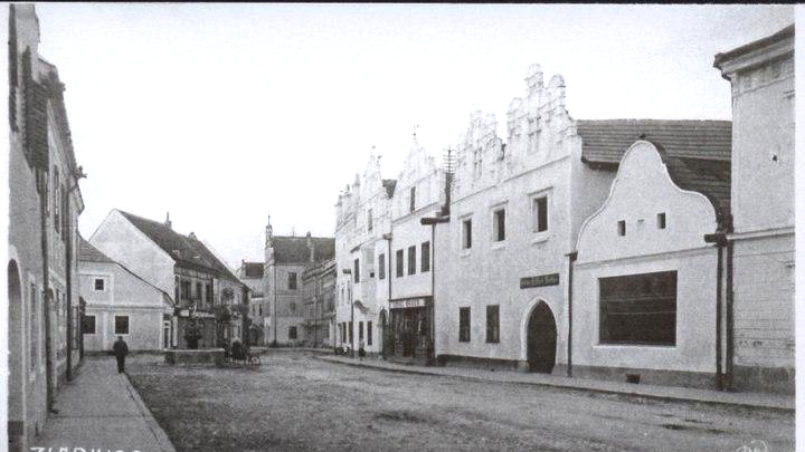
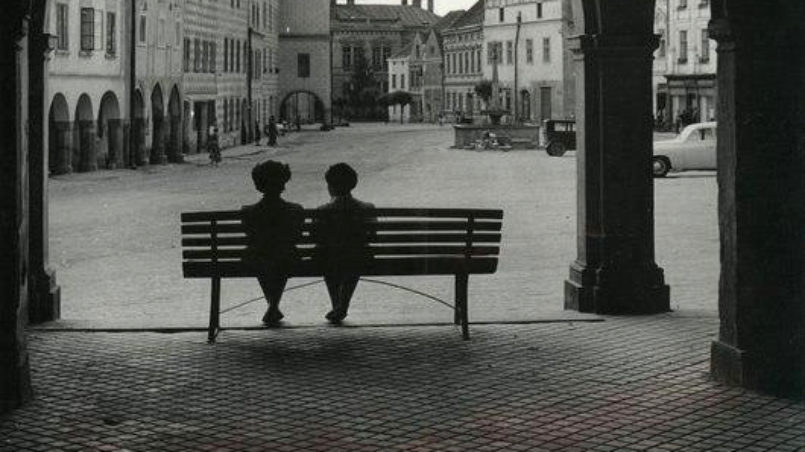
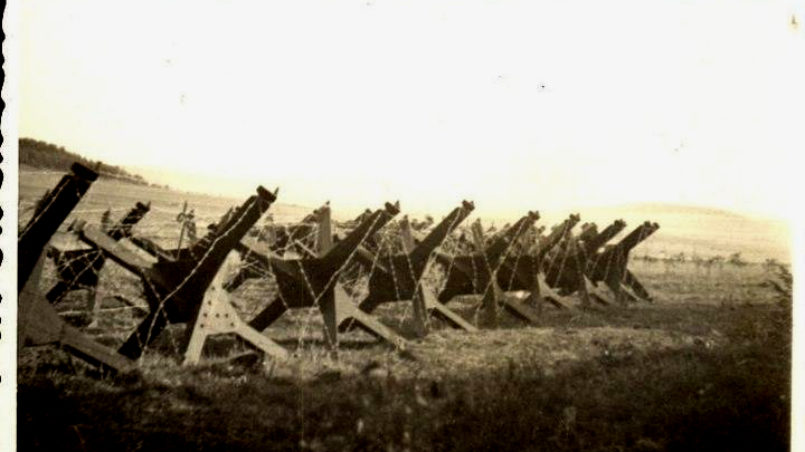
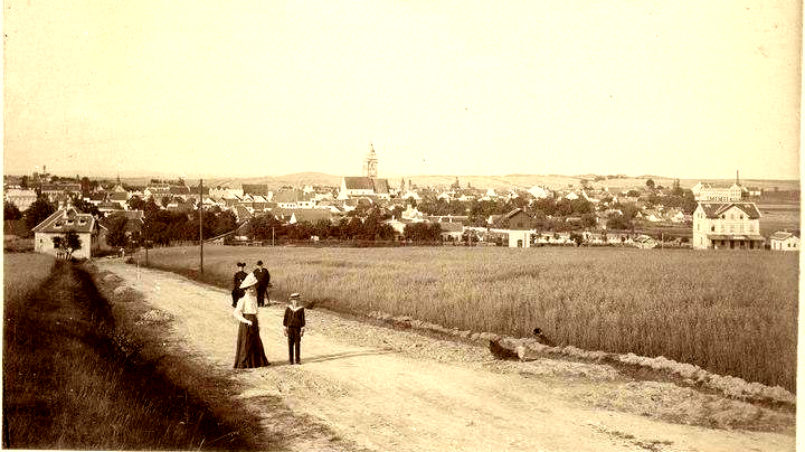
Nice experience
You are always welcome!